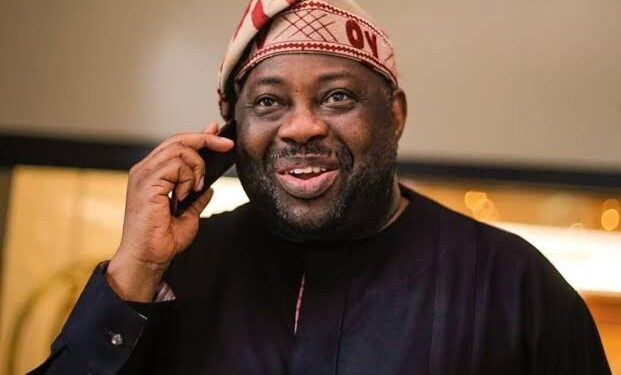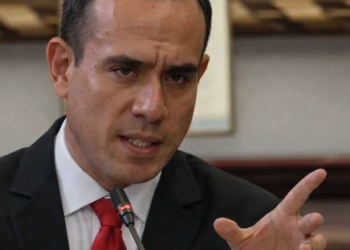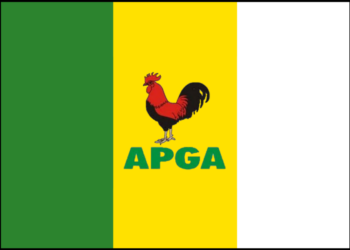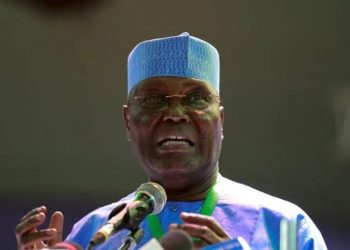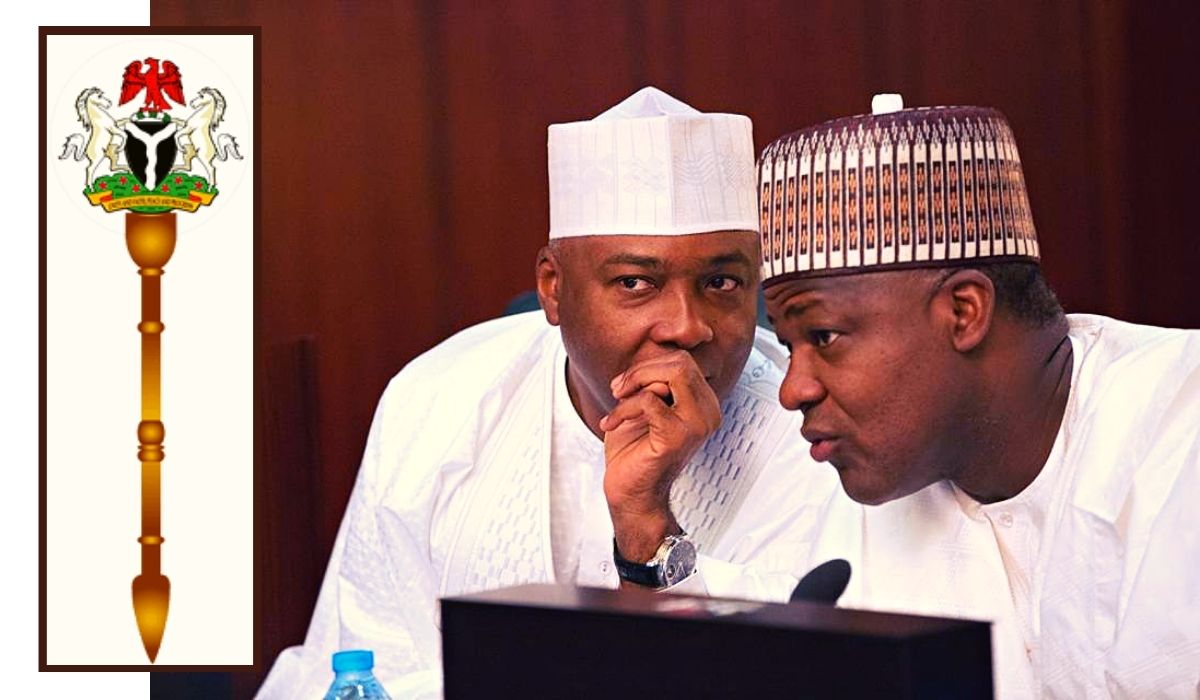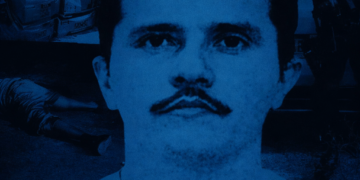Renowned journalist and politician, Dele Momodu, has shed light on the corrupt practices that characterized the 2023 presidential election. Speaking on the “Key to Keys” podcast, Momodu disclosed that a former presidential candidate bribed 774 delegates with $30,000 each during the primary election. This amounted to a staggering $23,220,000 in total.
Momodu highlighted how politicians use untraceable cash to manipulate election outcomes, citing his personal experience as a former presidential aspirant under the Peoples Democratic Party (PDP). He revealed spending N50 million during his campaign, only to receive zero votes due to the dominance of money politics.
Why It Matters
Momodu’s revelations underscore the deep-seated corruption and monetization of Nigeria’s electoral process. Such practices undermine democratic principles, erode public trust, and entrench a system where leadership is auctioned to the highest bidder. This situation further marginalizes credible candidates without substantial financial backing, perpetuating cycles of poor governance and economic inequity.
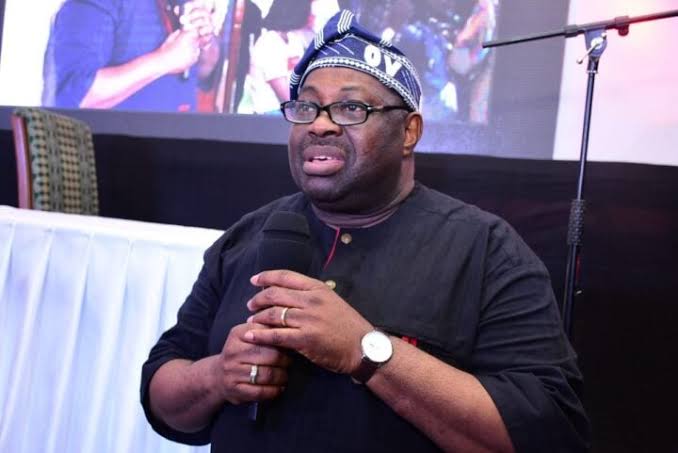
The issue also reflects broader systemic challenges, including the lack of financial transparency in political campaigns and the unchecked circulation of raw cash among politicians. The misuse of funds, particularly by individuals with access to wealth from oil-rich areas, raises questions about accountability and equitable resource distribution in Nigeria.
Momodu’s Take on Future Elections
Addressing whether he would contest in the 2027 elections, Momodu expressed skepticism, citing the overwhelming financial barriers. He stated:
“Unless a major political party adopts me through consensus… I won’t consider it. Spending millions without results is a waste.”
Momodu emphasized the dominance of “principalities” in Nigerian politics—powerful interests that control the system, making it nearly impossible for candidates without significant financial resources to compete.
Bottom Line
Dele Momodu’s exposé highlights the urgent need for electoral reforms in Nigeria. Tackling the monetization of politics and increasing financial transparency are critical steps toward creating a fairer electoral process.
Without such changes, Nigeria risks continued governance by individuals who prioritize personal gain over national development.

